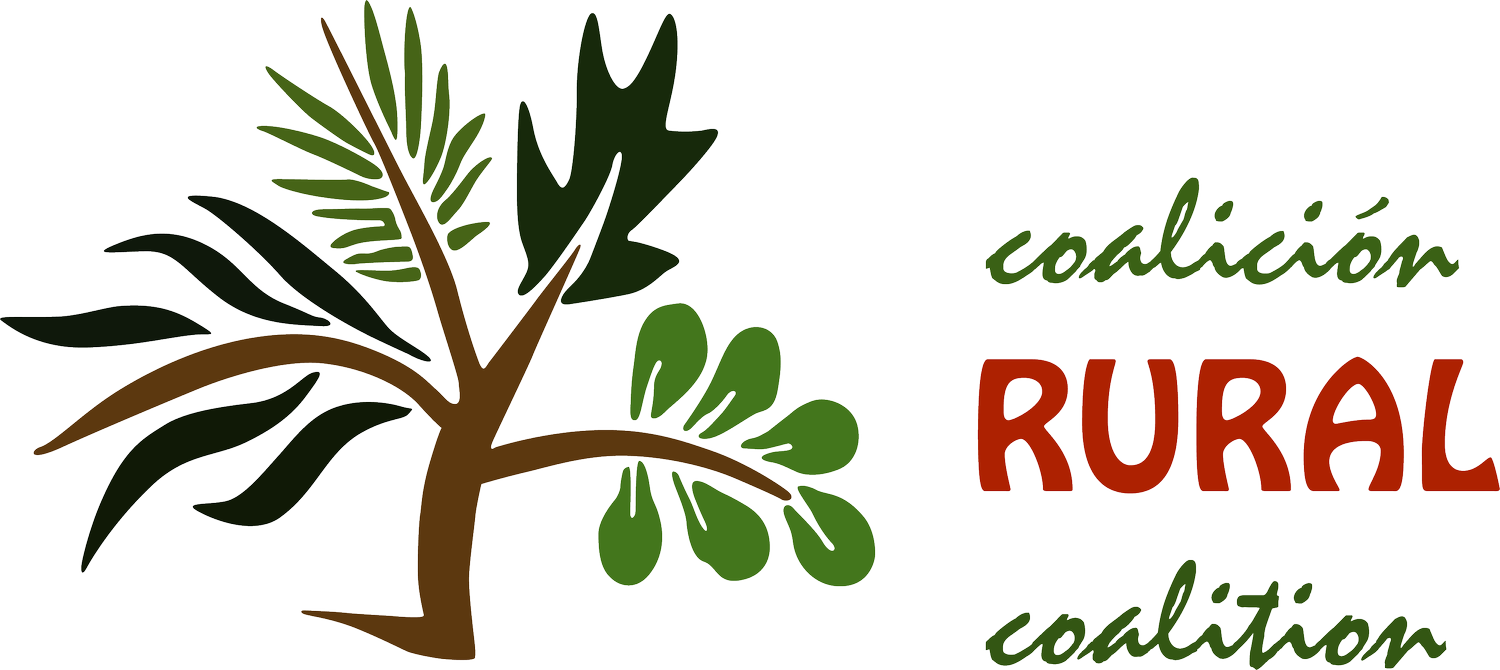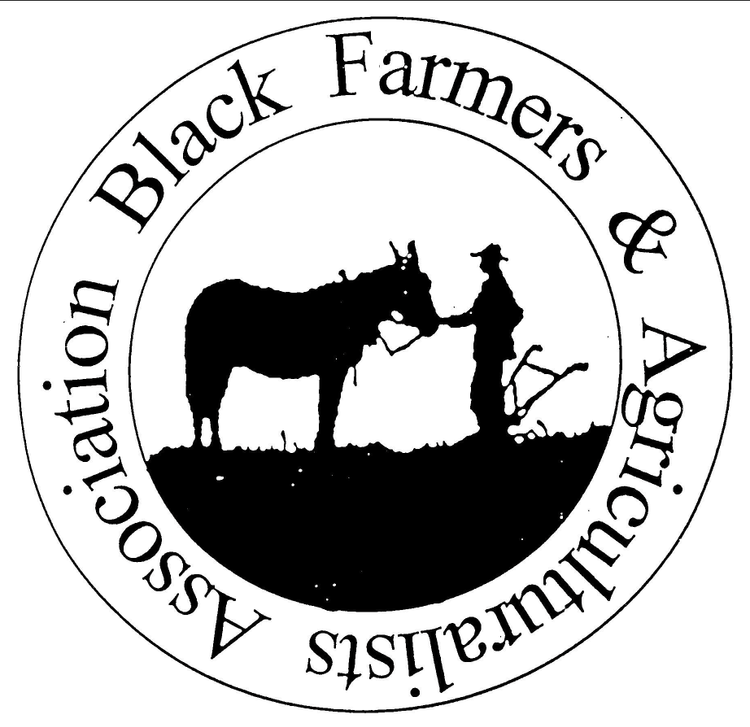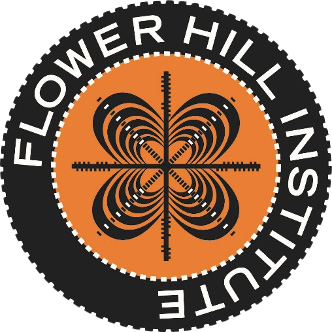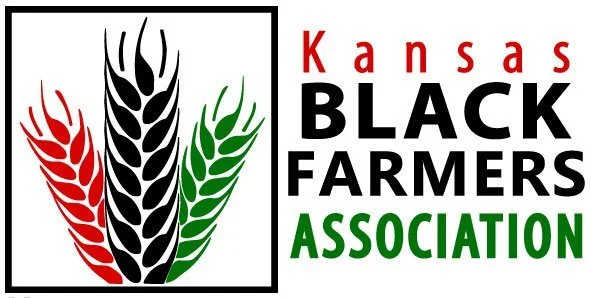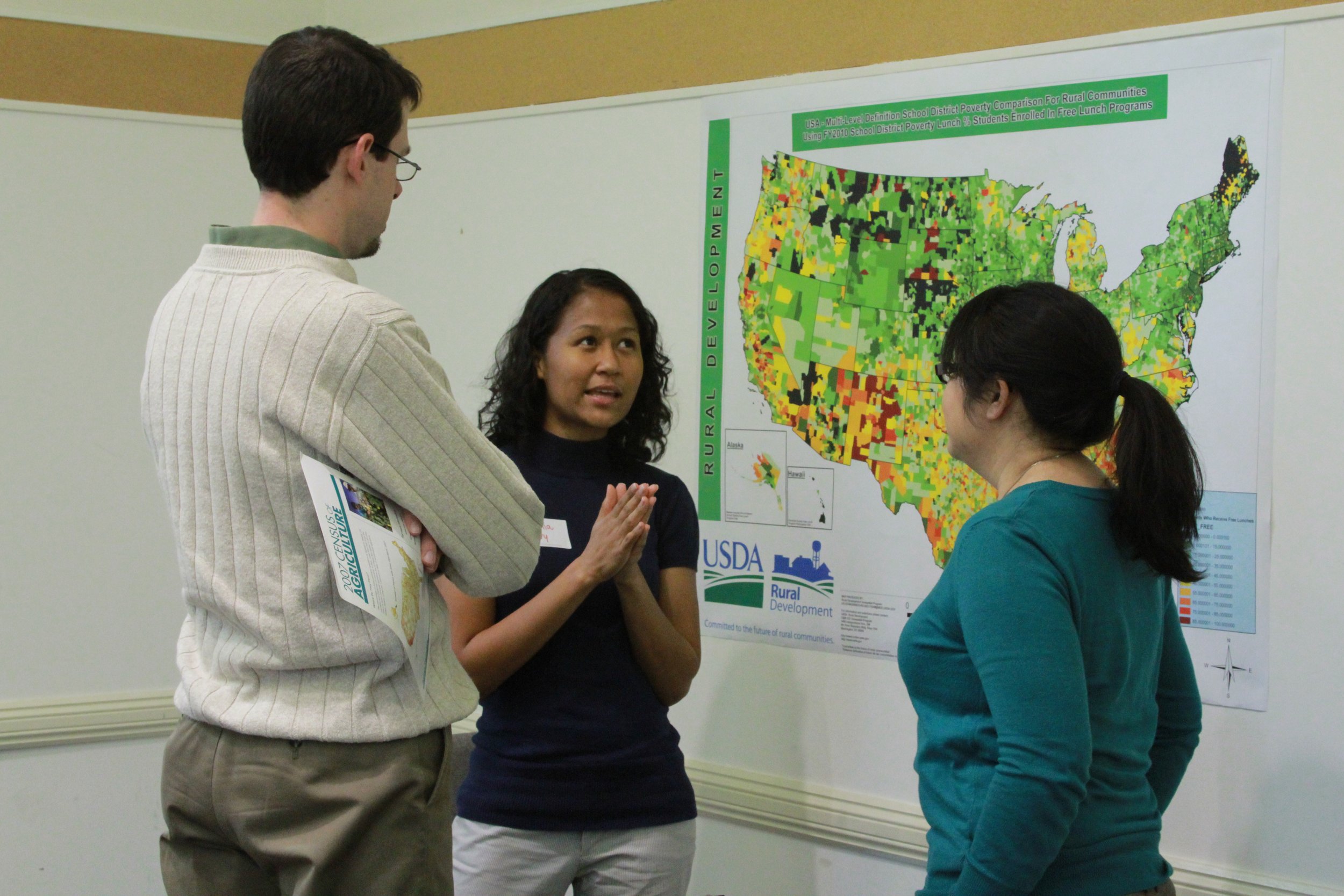Our Members are our Core
As a coalition, all the work we do is collaborative and community-based; We are of the communities we are for.
Here you will find a list of the Member Organizations who influence and collaborate on our policy work, technical assistance, and outreach.
Get to know our
Member Organizations:
-
21st Century Youth Leadership Movement inspires, assists, organizes and develops young people of all ages, in and out of school, to be skilled community focused leaders, resiliently and creatively empowering themselves and their communities to affect positive change now and in the 21st century.
-
Alabama State Association of Cooperatives (ASAC), an affiliate of the Federation of Southern Cooperatives/Land Assistance Fund, provides outreach and assistance to limited resource families in Alabama, especially in the Black Belt area. The goal is to ensure that African-American farmers (and/or socially disadvantaged producers) in our area and statewide retain, expand, and fully utilize their landholdings and land base; educate and assist African-American farmers to access and fully utilize all available government programs; support existing cooperatives in the state; and expand and organize new cooperatives and other self-help ventures as needed to support those activities and ventures on an on going basis.
-
The Alabama Sustainable Agriculture Network (ASAN) is a grassroots network of farmers, consumers, and agriculture-related organizations, all committed to promoting sustainable agriculture in Alabama.
-
American Indian Mothers, Inc. (AIMI) serves the education, health, social services, and agriculture and cultural needs of American Indians and minorities residing in North Carolina. AIMI is committed to compassionate services that will improve the quality of life for families while empowering women through cultural sensitivity and spiritual awakening.
-
ASBC develops and advocates solutions for policymakers, business leaders, and investors that support an equitable, regenerative, and just economy that benefits all—people and planet. As a multi-issue, membership organization advocating on behalf of every business sector, size, and geography, ASBC and its association members collectively represent over 250,000 businesses across its networks.
-
-
BFAA (Black Farmers And Agriculturalists Association) is a non-profit organization created to respond to the issues and concerns of black farmers in the U.S. and abroad. The organization boasts a membership of over 1,500 farmers nationwide, and 21 state chapters. BFAA has also organized to monitor the U.S. Department of Agriculture and the historic 1999 class action lawsuit settlement Pigford v. Glickman, which was to award 20,000 black farmers $2.5 billion in damages for loan discrimination practices committed by the federal government. BFAA is committed to seeing that every Black farmer gets their award settlement and the USDA stops its ongoing practices of discrimination against Black farmers.
-
-
Border Agricultural Workers Project was initiated with the objective of improving the lives of the poor agricultural workers and their families. The purpose of this project is to promote and protect the civil and human rights of both documented and undocumented agricultural workers. BAWP is committed to the empowerment of the farmworker community to develop and to implement long-term solutions to the economic and social problems which are the result of the exploitation and oppression of an agricultural system which places profits on top of human dignity.
-
Campaign For Family Farms And The Environment (CFFE) consists of four midwest state-based membership organizations and two national organizations fighting against corporate factory farms. CFFE works to oppose the national, state and local policies propping up factory farms and driving out independent family farmers, hollowing out our rural communities, and polluting our land, water and air. The campaign helps citizens to organize and defend local control, preserve the use of public resources for the public good, and apply more democratic decision-making.
-
-
With the founding of Catalán Farm, María Catalán became the first Latina farm worker turned farm owner. Catalán Farm is preserving the cultural and ancestral origins of organic agriculture to feed the local community and empower migrant farm workers. María also started an organization called Pequeños Agricultores en California (PAC), to help migrant farmers acquire their organic certification and assist farmers when applying for grants and loans for owning their own land.
-
Catskill Mountainkeeper's mission is to protect our region's forests and wild lands; safeguard air and water; nurture healthy, equitable, and sustainable communities; empower environmental justice communities; and accelerate the transition to a 100% clean and just energy future in New York State and beyond.
-
The Center for Science in the Public Interest is your food and health watchdog.
Our vision: CSPI envisions a healthy population with reduced impact and burden of preventable diseases and an equitable food system that makes healthy, sustainable food accessible to all. CSPI values independence, scientific rigor, and transparency.
Founded in 1971, the Center for Science in the Public Interest is an independent, science-based consumer advocacy organization with an impressive record of accomplishments and a clear and ambitious agenda for improving the food system to support healthy eating.
-
Compañeras Campesinas is a peer support network for rural Latina women in North Carolina and Puerto Rico.
-
Concerned Citizens Of Tillery envisions an empowered, sustainable community that builds on our natural, historic and cultural resources to promote economic independence, a healthy and environmentally sound life, the development of heritage and agricultural tourism that honors and celebrates the spirit and fortitude of tillery and an enhanced quality of life through our own outside participation in conferences, retreats, seminars and other educational activities.
-
Nuestra misión es promover conciencia ambiental en las comunidades por medio de prácticas culturales que viabilicen la sostenibilidad. Buscamos estimular la responsabilidad cívica para desarrollar una red de trabajo basado en un valor común duradero.
-
Established in 2000, the mission of Cottage House is to inspire youth and help promote sustainable agricultural solutions and economic development in rural southeastern Alabama through a multitude of community programs, entrepreneurship, leadership, life skills and more. The primary focus of Cottage House is to educate youth as well as promote a passion for business and agricultural skills for future generations thereby increasing community gardens, creating jobs for the youth, promoting healthy lifestyles and educating residents on the importance of growing and eating locally grown fresh produce from the fields to the table.
-
Founded in 1971, Earthjustice has saved irreplaceable wildlands, cleaned up the air we breathe, and fueled the rise of 100% clean energy. It has protected countless species on the brink of extinction, and secured long-overdue, historic limits on our nation’s worst polluting industries. Earthjustice is the premier nonprofit public interest environmental law organization. It wields the power of law and the strength of partnership to protect people’s health, to preserve magnificent places and wildlife, to advance clean energy, and to combat climate change. They are here because the earth needs a good lawyer.
-
Family Farm Defenders (FFD) incorporated as a non-profit organization in 1994 and was granted permanent 501(c)(3) status by the IRS in 1999. FFD began as an outgrowth of two national grass-roots campaigns: demanding a national referendum to end the mandatory check-off on raw milk that funds the lobby and propaganda efforts of the corporate dairy industry; and to defend consumer “right to know” in response to the stealth introduction of recombinant Bovine Growth Hormone (rBGH) into the nation’s milk supply.
Our mission is to create a farmer-controlled and consumer-oriented food and fiber system, based upon democratically controlled institutions that empower farmers to speak for and respect themselves in their quest for social and economic justice. To this end, FFD supports agroecology, farm & food worker rights, racial justice, animal welfare, consumer safety & right to know, fair trade – both globally and domestically, as well as food sovereignty. FFD has also worked to create opportunities for farmers to join together in new cooperative marketing endeavors and to bridge the socioeconomic gap that often exists between rural and urban communities.
-
Farm Action leverages its research, policy development, advocacy campaigns, and political expertise to create a food and agriculture system that works for everyone, not just a handful of powerful corporations. It is joined in its movement by farmers, ranchers, rural communities, food system workers, policymakers, advocates, and anyone who eats.
-
FarmSTAND is the only legal advocacy organization in the country dedicated solely to taking on industrial animal agriculture. We’re focused on dismantling the structures that enable the consolidation of corporate power and extractive practices in our food system and we support a vision of animal agriculture that is regenerative, humane, and owned by independent farmers. We believe we cannot make change alone, and that we must align ourselves with allies across movement sectors. In these partnerships, we combine litigation with base building and storytelling to create meaningful change.
From protecting our land, water, and animals, to standing up for the rights of workers and food producers, dismantling industrial animal agriculture moves us all closer to the world we want to see.
-
The Federation Of Southern Cooperatives strives toward the development of self-supporting communities with programs that increase income and enhance other opportunities; and we also assist in land retention and development, especially for african americans, but essentially for all family farmers.
It does this with an active and democratic involvement in poor areas across the south, through education and outreach strategies which support low-income people in molding their communities to become more humane and livable.
It assist in the development of cooperatives and credit unions as a collective strategy to create economic self-sufficiency.
-
Flower Hill is a native-owned, community-directed nonprofit. Our objectives include preserving and enhancing cultural resources, preparing youth to inherit leadership, improving economic self-sufficiency, agriculture, food sovereignty and security, and improving outcomes to climate change.
-
Friends Of The Earth is an outspoken leader in the environmental and progressive communities. It seeks to change the perception of the public, media and policy makers — and effect policy change — with hard-hitting, well-reasoned policy analysis and advocacy campaigns that describe what needs to be done, rather than what is seen as politically feasible or politically correct. This hard-hitting advocacy has been the key to its successful campaigns over our 47-year history.
One way that Friends Of The Earth works to achieve a just and healthy world, is by focusing on the economic drivers that are encouraging environmental degradation. Depending on the issue, these drivers may include public investment, granting corporations the right to pollute, or other factors. With key policy expertise at the federal and state levels, Friends Of The Earth works to eliminate these drivers and thus bring environmental degradation to a halt.
-
-
The Kansas Black Farmers Association (KBFA) is a 501c3 founded in 1999 by farmers of historic Nicodemus, Kansas, for mutual support, research opportunities, and cooperative agriculture market development. Nicodemus, located in northwest Kansas, is the only remaining western town established by African Americans during the reconstruction period following the Civil War. Today, Nicodemus, a national historic site since 1996, represents the unique and valuable legacy of Black homesteaders' determination and ability to sustain themselves despite all the economic, environmental, social, and political odds.
-
La Mujer Obrera is a local independent organization dedicated to creating communities defined by women. Our organization was founded in 1981 by women who were both garment workers and Chicana activists. Our experience showed us that as women we must implement our own ideas and strategies for our community. La Mujer Obrera has developed its organizing strategies based on the following basic human rights: employment, housing, education, nutrition, health, peace, and political liberty. Over the years, La Mujer Obrera has been one of the leaders in the struggle against an “undeclared war” on marginalized women workers of Mexican heritage.
Today, La Mujer Obrera continues to challenge the perception that women are an infinite source of cheap labor and that progress means we are the ones who must sacrifice. we must see ourselves as being at the forefront of defining progress within our community. The struggle of women in the factories and resistance to nafta has strengthened us to create community. Our collective practice includes: cooking, raising our children, working the land, commerce, artisanry, and cultural celebrations. We need these practices to safeguard our ancestral knowledge and apply it to the present. This is our contribution as women workers in El Paso to the struggle for work, dignity, and justice. The space we are creating belongs to future generations of women and their families.
-
LFRI represents Latino farmers, Ranchers and producers throughout the U.S. we have served providing both advocacy and technical support.
-
The Mississippi Association Of Cooperatives (MAC) was established in 1972 as an affiliate of the Federation Of Southern Cooperatives/Land Assistance Fund (1967). A nonprofit organization, MAC serves farmers, their families and communities in increasing their livelihood security and improving quality of life. Building from a tradition steeped in the civil rights movement, MAC provides technical assistance and advocates for the needs of its members in the areas of cooperative development and networking, sustainable production, marketing and community food security.
-
The Missouri Rural Crisis Center (MRCC) is a statewide farm and rural membership organization founded in 1985 with over 5600 member families. Its mission is to preserve family farms, promote stewardship of the land and environmental integrity and strive for economic and social justice by building unity and mutual understanding among diverse groups, both rural and urban. It carries out this mission through its programming areas, each with its own specific role in advocating for family farms and rural communities. Its innovative approach to family farm organizing includes challenging corporate control of the food supply, creating sustainable alternatives to the current farm and food system, and generating community participation to create a just, democratic society based on equity and fairness for all people.
-
The National Center for Appropriate Technology or NCAT has been helping people build resilient communities through local and sustainable solutions that reduce poverty, strengthen self-reliance, and protect natural resources since 1976. NCAT is a trusted, practical connector for individuals and businesses who are working to leave our world better than we found it.
-
The National Wildlife Federation, America's largest and most trusted conservation organization, works across the country to unite Americans from all walks of life in giving wildlife a voice. We've been on the front lines for wildlife since 1936, fighting for the conservation values that are woven into the fabric of our nation's collective heritage.
-
The Natural Resources Defense Council (NRDC) works to safeguard the earth by protecting the environment and fighting for every person’s right to clean air, clean water, and a healthy community. nrdc’s food & agriculture team advocates for a food system that serves farmers, food system workers, families, and the planet. nrdc partners with other national, state, and local organizations and with frontline communities to work towards a food system that is equitable, sustainable, and healthy for all.
-
New Roots challenges our current food systems by practicing alternative urban agriculture models, teaching and working with young people through food production and cooking, and feeding and nourishing ourselves and our communities.
-
The Land Loss Prevention Project (LLPP) was founded in 1982 by the North Carolina Association Of Black Lawyers to curtail epidemic losses of Black owned land in North Carolina. LLPP was incorporated in the state of North Carolina in 1983. The organization broadened its mission in 1993 to provide legal support and assistance to all financially distressed and limited resource farmers and landowners in North Carolina.
LLPP’s advocacy for financially distressed and limited resource farmers involves action in three separate arenas: litigation, public policy, and promoting sustainable agriculture and environment.
Activity in the litigation arena typically involves debt restructuring for farmers in crisis and other legal work. On the public policy front, LLPP monitors agricultural policy and the impact it has on North Carolina's small family farmers. Finally, LLPP helps family farmers and landowners develop sustainable agricultural practices that are environmentally friendly and economically viable for their rural communities. LLPP is committed to working alongside state, regional and national coalitions who support sustainable agriculture practices, development and policy innovations.
It is part of LLPP’s organizational strategy to integrate policy and programmatic work into the issue areas addressed in litigation.
-
Northwest Forest Worker Center is a nonprofit organization that empowers forest workers and harvesters of non-timber forest products (mushrooms, berries, floral greens, etc.) in northern California, Oregon and Washington to improve their lives and livelihoods through ethical stewardship of the land.
-
The mission of Oklahoma Association Of Conservation Districts is to provide leadership, resources and partnership opportunities for conservation districts and those who manage the land to enhance our natural resources for a better Oklahoma.
-
Oklahoma Black Historical Research Project is a non-profit 501-c3 corporation established in Oklahoma City, OK in 2005. The community based organization is primarily engaged in performing a soil preparation activity or crop production service, such as plowing, fertilizing, seed bed preparation, planting, cultivating, and crop protection services. Native American and socially disadvantaged farmers and ranchers (NA & SDFR) in Oklahoma face many challenges including: high costs of production with poor economies of scale due to their small sizes; difficulty accessing government programs, such as field crop/commodity programs; and less access to farm credit both public and private. USDA has introduced a number of programs to address these farmers’ needs, and is working to raise awareness of the USDA and its programs by sharing information. This project has a dual purpose: to further enhance NA & SDFR access to usda programs; and to improve NA & SDFR's agricultural production capacity and drought resilience. Project methods include enhancing networks and collaborations with NA & SDFR in Oklahoma; identifying NA & SDFR needs; identifying NA & SDFR’s obstacles to participation in usda programs; developing culturally sensitive outreach and training programs to enhance NA & SDFR awareness of and participation in usda programs; developing a culturally appropriate protocol for building trust and enhancing NA & SDFR access to USDA programs; and enhancing NA & SDFR adoption of solar water pumps and other green technology to help improve drought resilience.
-
Operation Spring Plant, Inc. (OSP) is a grass-roots, nonprofit organization. It is made up of African-American and limited resource farmers and concerned urban citizens from region k and surrounding counties of North Carolina. The mission of OSP is to provide an environmentally safe food product, technical and financial assistance to minority, limited resource and small family farmers, who need to engage in timely seasonal planting activities; and who need marketing outlets for the sale of their crops and to sustain their farming livelihood and operation.
-
Organización En California De Líderes Campesinas, Inc. represents a culmination of decades of work by farm worker women (campesinas). Farm worker women have been the leaders of many grassroots and mobilizing efforts to improve the lives of farmworker communities. Líderes Campesinas provides these long-time leaders and activists with the opportunity to coordinate their work statewide and has built collectives so that campesinas may become agents of change and be a more effective unified voice.
The mission of Líderes Campesinas is to develop leadership among campesinas so that they serve as agents of political, social and economic change in the farmworker community. This leadership has created an organization by and for campesinas. The approach emphasizes capacity building, democratic decision-making, advocacy, peer training and leadership development as well as a mixture of traditional and innovative education, outreach and mobilizing methods such as house meetings, arts, and theatrical presentations at community venues.
-
The Pocasset Pokanoket Land Trust (PPLT) is a tribally-led non-profit dedicated to reconnecting communities of American Indian tribes, clans, Urban Indians, and indigenous people across the Northeast. We embody an American Indian cosmology that holds Mother Earth and all living beings with deep reverence. As mindful caretakers of the land for all future generations, we teach our decedents to honor the connection to Earth, Sky, and to the Creator.
-
Potlikker Capital is a farm community governed charitable integrated capital fund created to holistically serve BIPOC (Black, Indigenous, and people of color) farmers in America who operate at the intersection of racial and climate justice.
-
Rural Advancement Fund Of The National Sharecroppers, Inc. is a 501c3 organization established nationally by the US congress in 1937 to address the issues of rural communities and sharecroppers. RAF was founded to support the struggle of the producers of the southern tenant farmers union which resisted the exclusion of tenant farmers from farm programs, including those under the new deal. RAF, the oldest continuing African American farmer’s organization has a long history of standing with African American families especially in the Carolinas. Founded with support from Eleanor Roosevelt, A. Philip Randolph was a strong supporter and longtime board member. RAF headquarters moved to South Carolina in 1991 under the direction of Georgia Good as Executive Director. In recent years the organization has been instrumental in numerous projects that impacted rural the south and the nation. Using hands-on training, workshops and summer programs, our critical skills training program aims to build a sustainable pathway for a new generation of young people to enter agriculture as a career and strengthen our local food system to form viable markets for much needed healthy foods they will produce.
-
The Rural Development Leadership Network (RDLN), a national multicultural social change organization founded in 1983, supports community-based development in poor rural areas through hands-on projects, education and skills building, leadership development and networking.
-
At SERVE COMMUNITIES, we offer a range of programs to support our community, including food assistance, agribusiness, and farm-related workshop training.
•Work with black and brown farmers to create a stronger Ag economy.
•Our Soil to Pan program provides healthy and nutritious recipes that connect culturally to our native origins
•Food Access-We provide over 40,000 nutrient-packed food boxes per year to communities with little to no access to healthy foods
•Help us share untold stories of atrocities and triumphs within black communities to bring reconciliation, reckoning, and remembrance.
Our programs are designed to meet the unique needs of each individual or family we serve.
-
The Food And Agriculture Team is a Sierra Club grassroots network team of volunteers from around the country. It advocates for agricultural policies and practices that provide healthy food, maintain soil fertility, sequester carbon and protect biodiversity.
-
The Springfield Food Policy Council (SFPC) works to facilitate racially equitable food & social justice by developing a vibrant local food system with urban agriculture at its center. We understand that the prevention and reduction of food related health disparities can only be achieved through an increased community-based access to affordable, fresh, and culturally appropriate food. In order to achieve this vision, the SFPC provides ongoing assessment of Springfield's food system, develops community-driven municipal and statewide policy recommendations including legislative bills focused on agricultural, retail, and built-environment solutions.
-
The Sustainable Iowa Land Trust (SILT) was founded by 25 of the most respected leaders in food and agriculture, planning, and development. These leaders met to save and protect small, diverse, and clean farms that feed Iowans.
-
TXCRL is a non-Membership based 501c3 nonprofit corporation managed by a Board of Directors dedicated to providing services to any producer in the state that has issues with maintaining their land in a profitable and sustainable manner. TCRL works collaboratively with a wide range of Community-Based Organizations (CBOs) Non-Governmental Organizations (NGOs) and other Non-Profits in conducting outcome-based programs. TCRL utilizes the services of retired agriculture professionals from USDA, Extension, Industry and Production Agriculture to serve as mentors, and subject matter thought leaders to assist in supporting its work.
-
-
Formed in 2021, UJAMAA SEEDS is the entrepreneurial program of the Ujamaa Cooperative Farming Alliance (UCFA). UCFA is a program of STEAM ONWARD, Inc., a 501c3 non-profit organization, organized in the state of Maryland.
The mission of UCFA is to increase diversity in the $15 billion dollar U.S. seed industry. We are committed to providing increased opportunities and support for growers from historically marginalized communities in the area of seed farming. To this end, the UCFA is working to bridge the gap between prospective BIPOC seed growers and seed companies.
WHY "UJAMAA"?
Ujamaa, a Swahili word, literally means 'extended family'. As the fourth principle of Kwanzaa, ujamaa means 'cooperative economics'. This principle tasks us to build our own businesses, and control the economics of our communities.
-
Water Bear Collaborative is a consultancy that supports individuals, organizations, and networks to envision and enact system-informed strategies that effectively address the complex challenges of our time. We bring expertise in systems change, social justice, facilitation, and collaborative network development to clients across the country and internationally.
-
The Wave Foundation is committed to creating more equitable and sustainable food systems, produced by and for the people who need them most, powered by 100% clean energy, clean air and water, and clean and equitable transportation.
-
Western Landowners Alliance advances policies and practices that sustain working lands, connected landscapes and native species.
-
World Farmers’ mission is to support small farmers in sustainable agricultural production and successful marketing practices to connect culturally relevant produce to viable markets. World Farmers provides mentoring, training, and hands-on assistance when working with each farmer to build the capacity needed to operate individual farming enterprises. It enacts its mission through various initiatives, the most prominent of which is the flats mentor farm program.
We are grateful to our historical members!
These organizations had a rich history with Rural Coalition, but are no longer active.
Their work continues to influence our growth!
Coalición Rural Mexico
Empire State Family Farm Alliance
Hills Connections, led by Sister Mary Pat Hill
Rural Coalition is a proud member of:
International Farmers Organization
La Via Campesinas
American Sustainable Business Council
League of Conservation Voter’s North America Region
